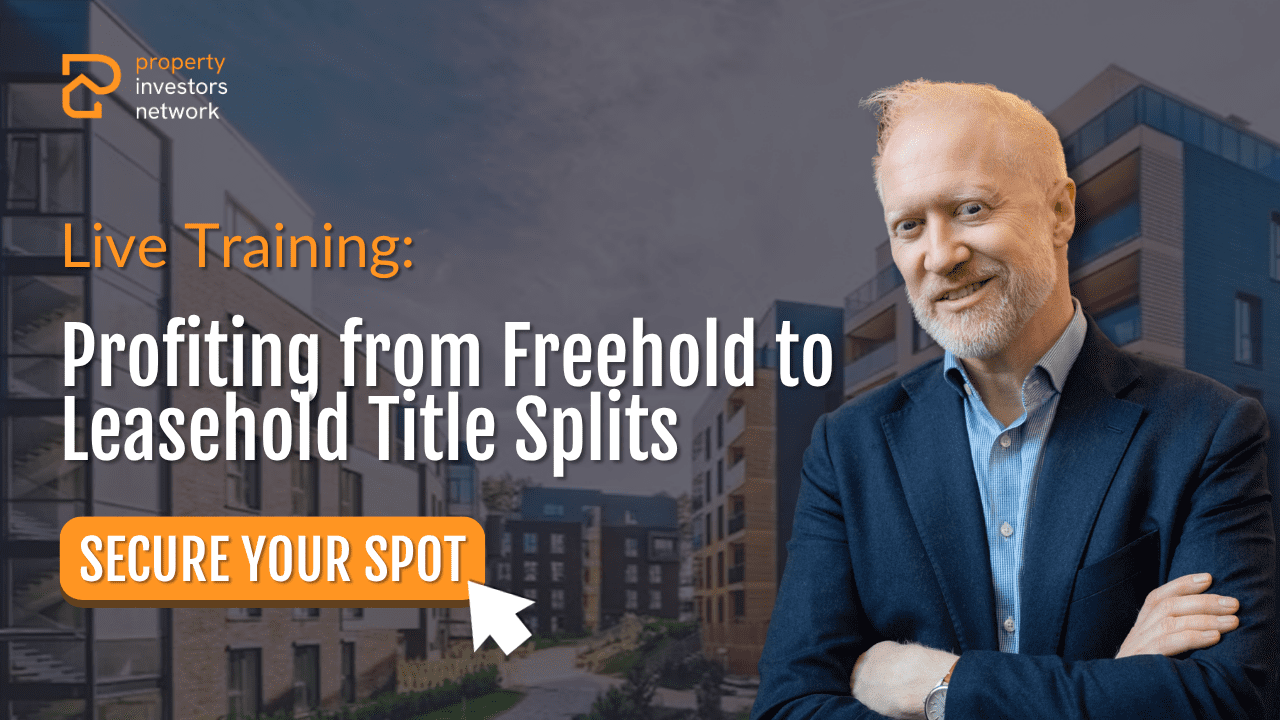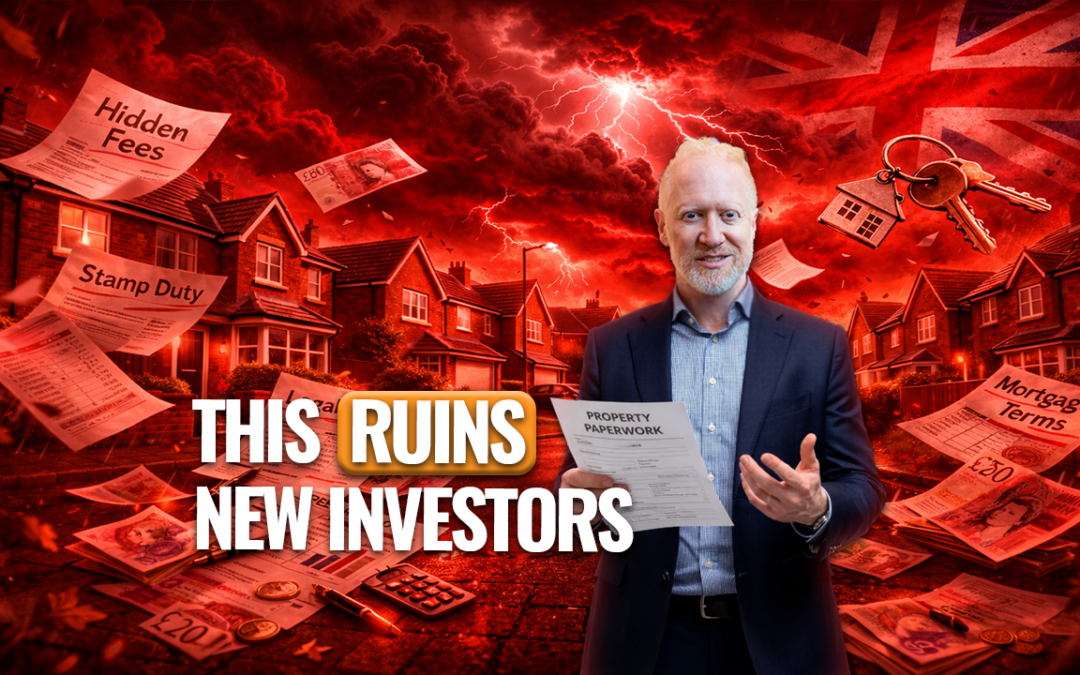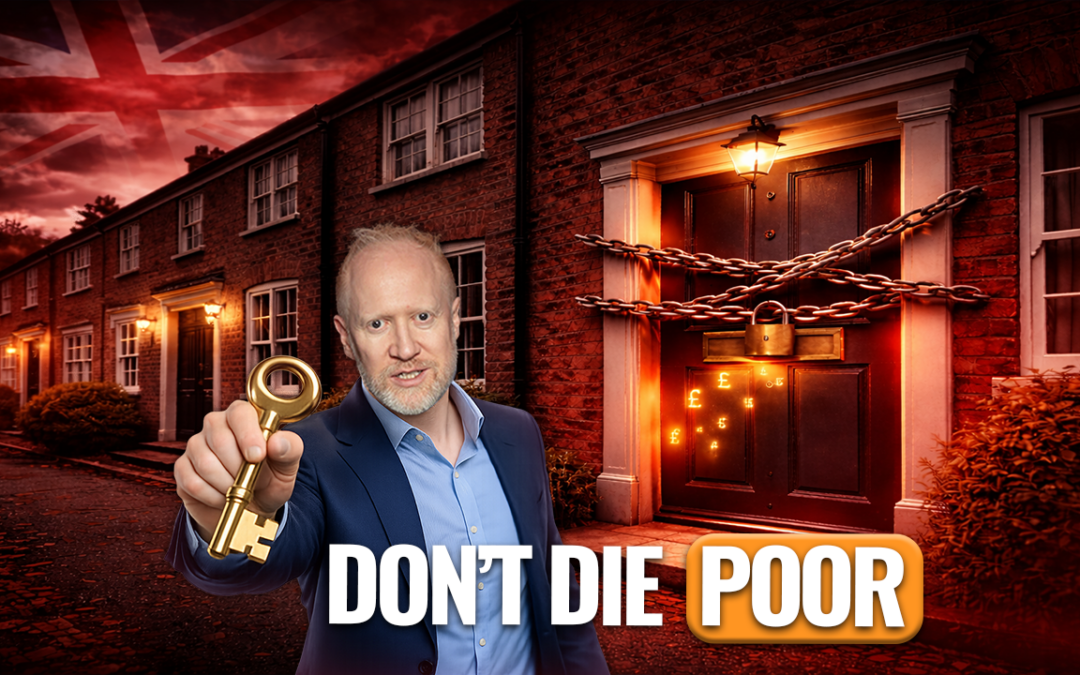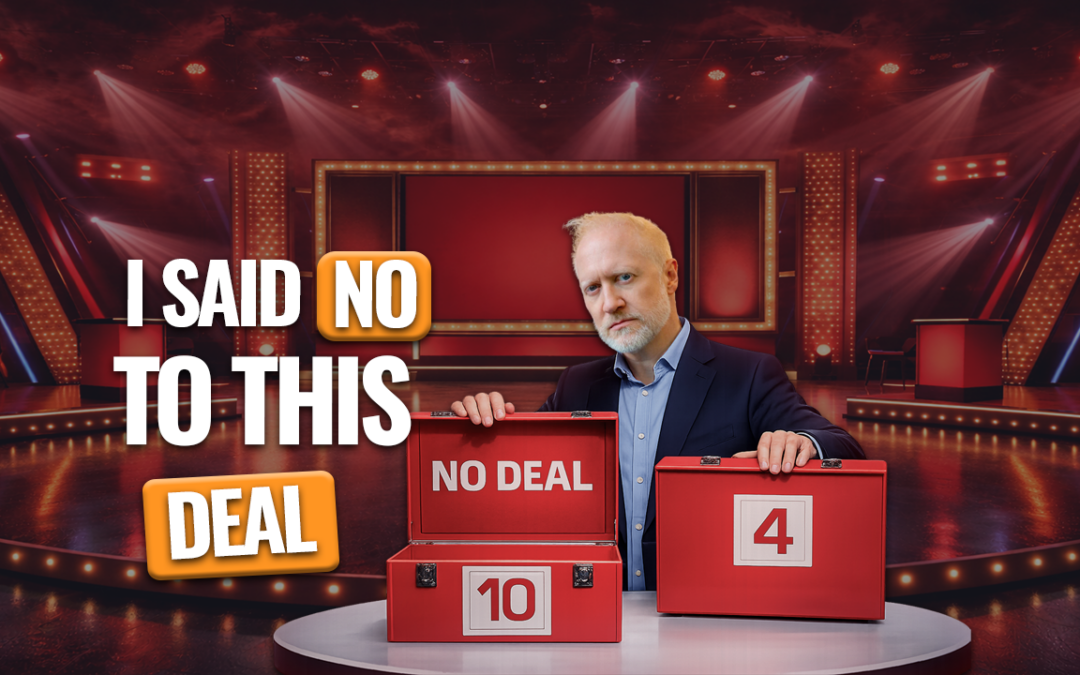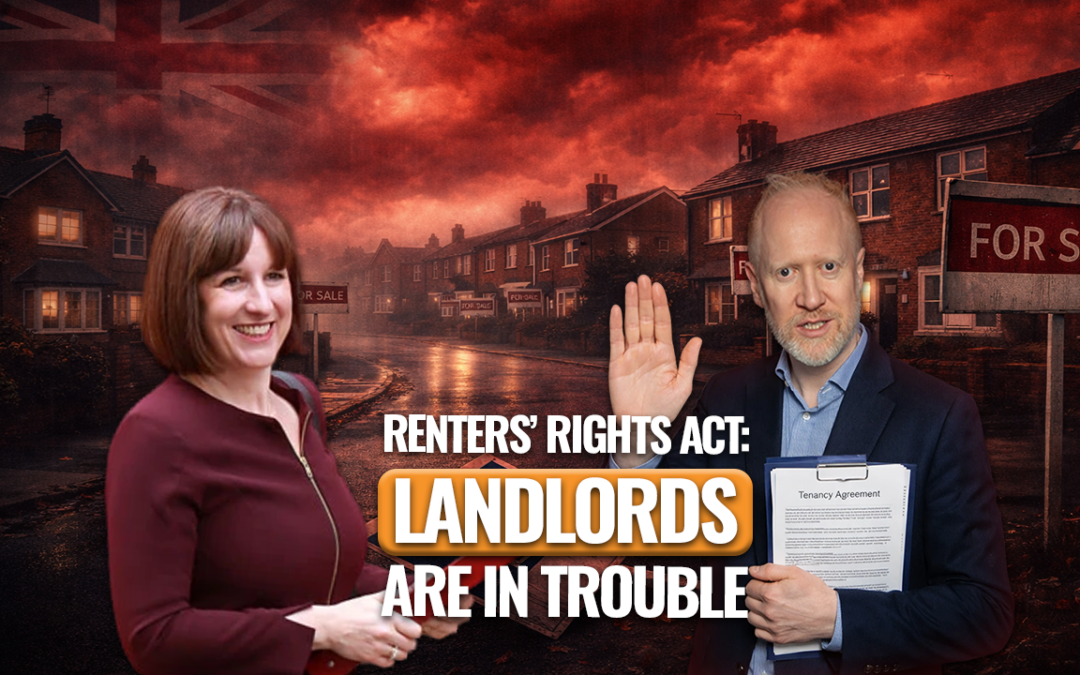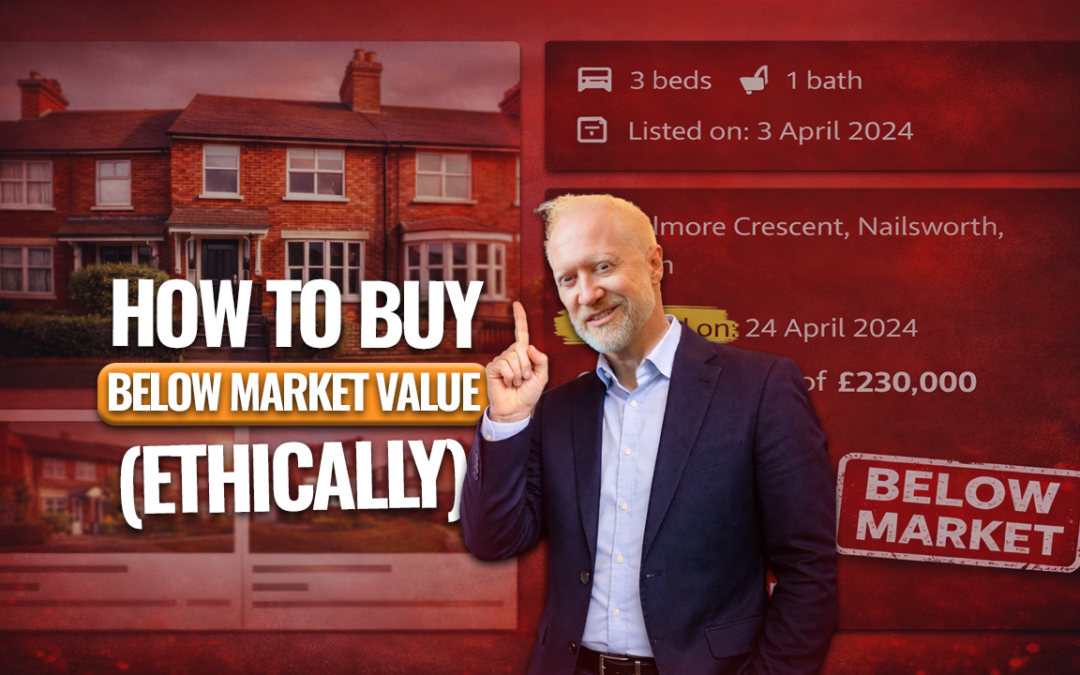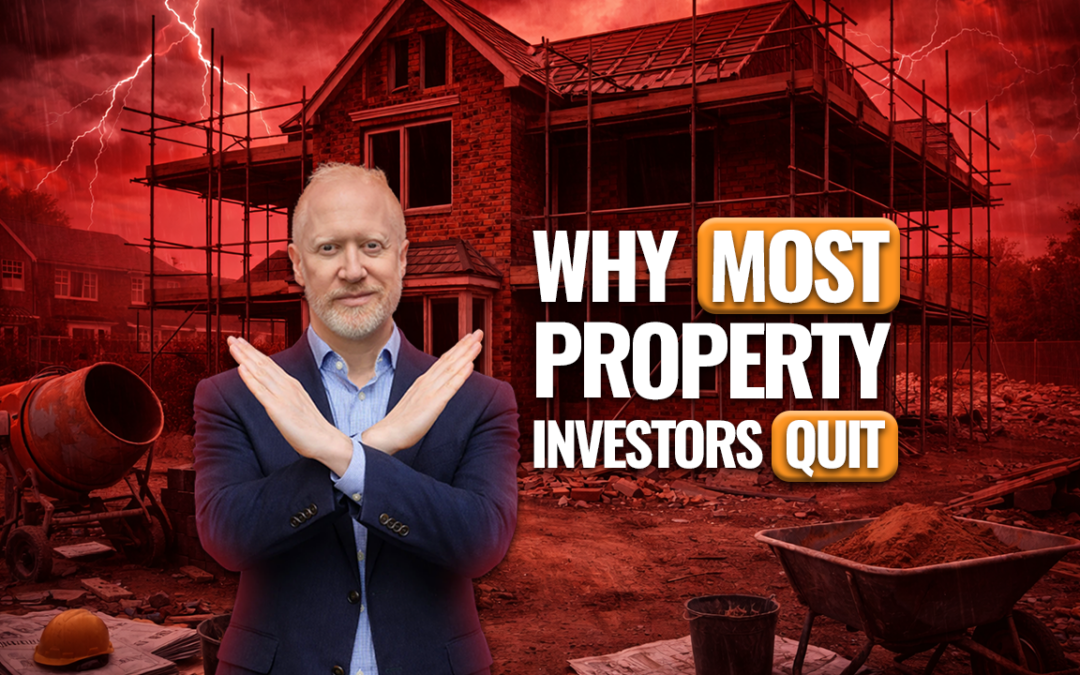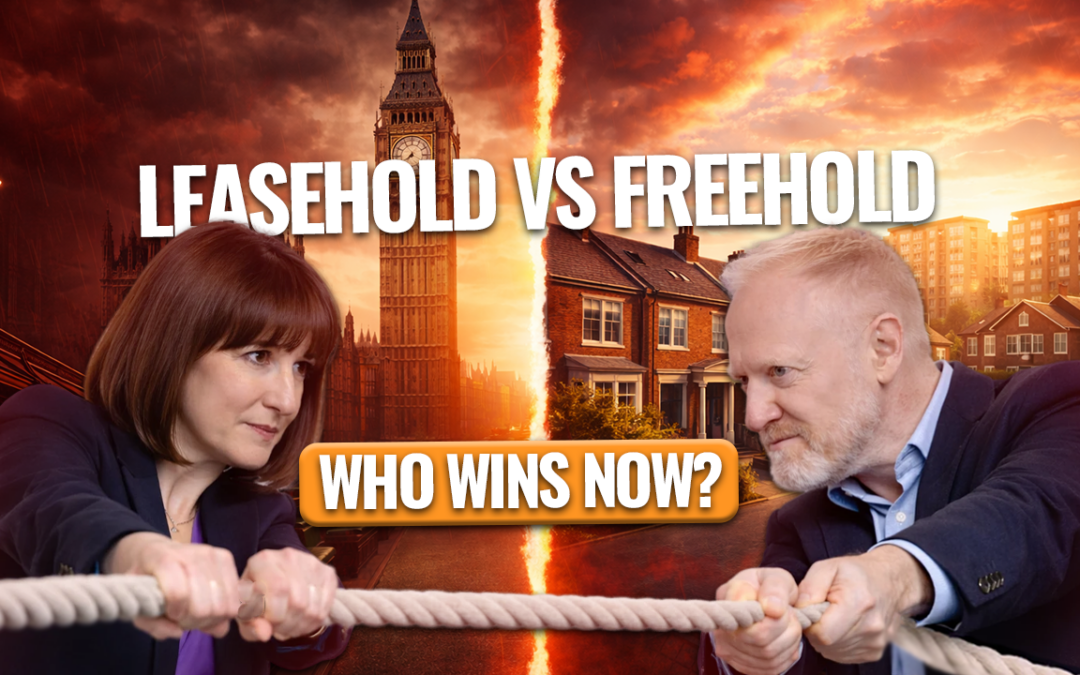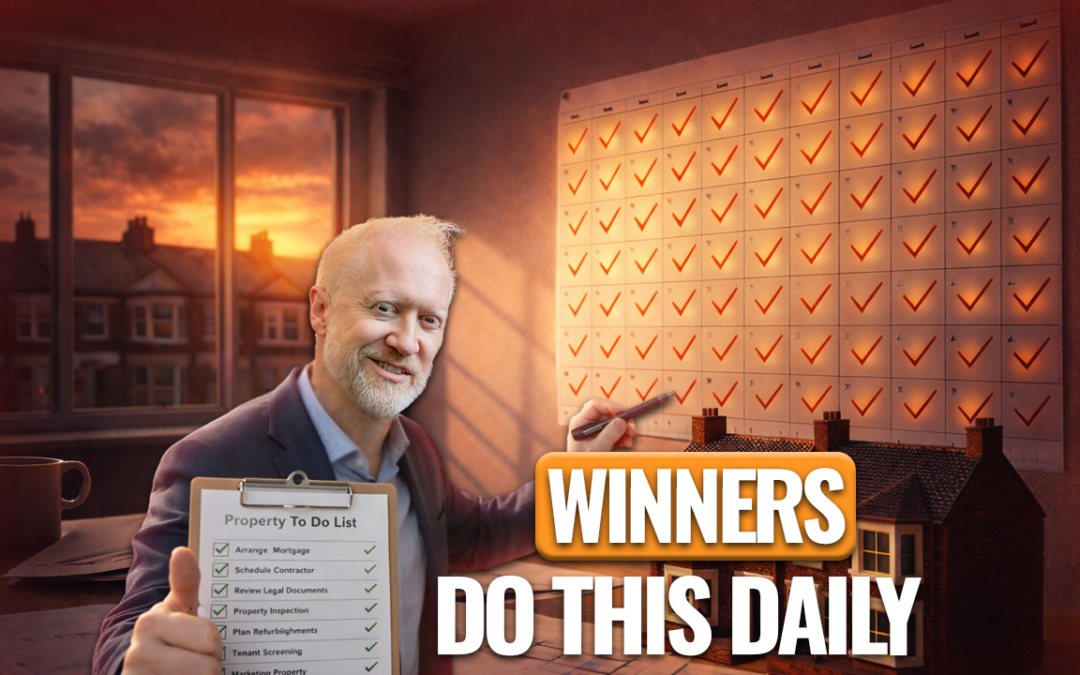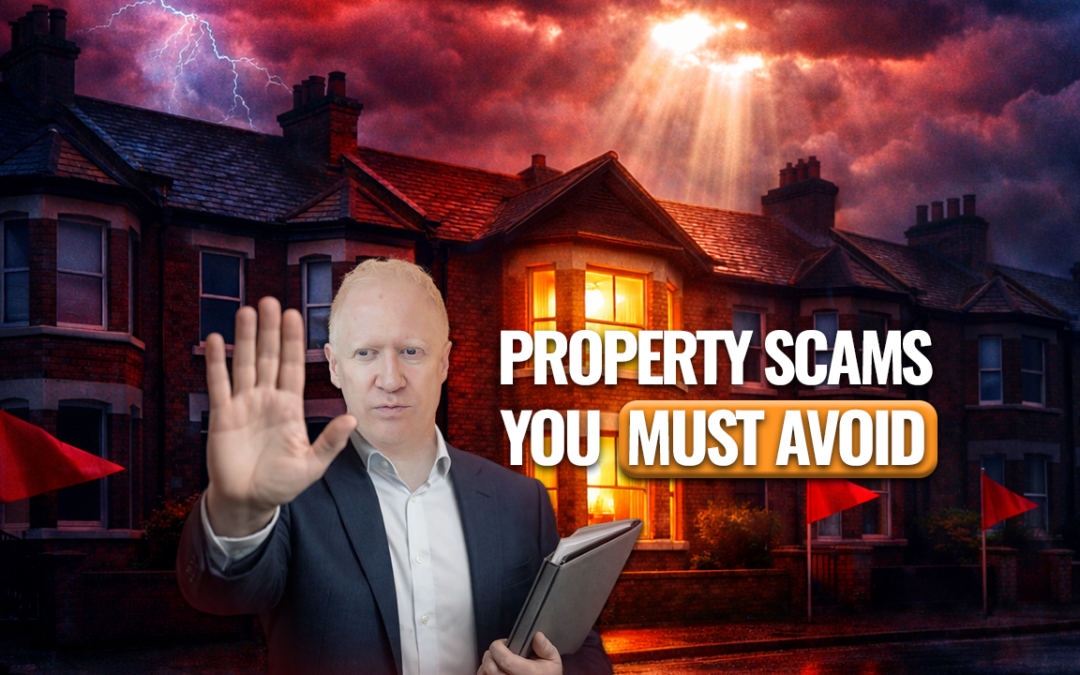Unlocking Creative Finance: Invest with Little or No Money
If others are doing it, you can too. Creative finance is about acquiring property using as little of your own money as possible—sometimes none at all. This lets you scale quickly, do more deals, and achieve powerful returns, even infinite ones. The key is knowing how the strategies work and, more importantly, believing that they do. Many investors hold themselves back simply because they don’t believe it’s possible, even when shown clear examples. But belief builds when you see what others are achieving using proven, ethical techniques.
From No-Money-Down to Today’s Strategies
Before 2008, no-money-down deals were surprisingly common. You’d buy a property at a discount using bridging finance, then refinance it immediately to pull out cash. For example, buying for £82,000 and refinancing at 85% of a £100,000 valuation meant walking away with £85,000—enough to repay the bridge and sometimes keep a profit. It sounded too good to be true, and some didn’t believe it, but it worked. Then the crash came, lenders like Mortgage Express pulled out, and that version of the strategy ended. But the core idea evolved into new forms, like joint ventures—where you find the deal, and someone else brings the money—or private loans, where investors lend to you at better rates than they’d earn from the bank.
Buy-Refurbish-Refinance: Momentum Investing
One of today’s most powerful creative strategies is BRR: Buy, Refurbish, Refinance. You buy a property below market value, improve it, and refinance after six months to recover your money. Sometimes, you pull out all your cash; sometimes a little remains. But even if you leave some money in, it can still be worth it—especially when you calculate your return on the amount left. If it’s high, that’s a great deal. You can also invite others to leave their money in the project and offer them a solid return. You’d be surprised how many people you already know—family, friends, colleagues—have cash sitting in the bank earning very little. The best part? You don’t need to ask them for money. Just talk about what you’re doing and ask who they know who might want a better return.
Lease Options: Control Without Buying
Purchase lease options are another creative approach. You rent the property now, and lock in a price to buy it later. This strategy works well with sellers who are tired of the property but don’t urgently need the sale money. It’s not for everyone—but when it fits, it’s a great solution for both sides. The key is to listen, ask the right questions, and understand the seller’s pain points. Don’t try to force a strategy onto every deal. Instead, have a toolkit of creative options and match them to each unique situation. That way, you help the seller solve their problem, and in return, they help you structure a deal that works.
Title Splits: Legal Creativity That Builds Equity
A lesser-known but extremely profitable strategy is the freehold-to-leasehold title split. Some landlords convert large homes into self-contained units but leave the building under a single freehold. By creating legal leases for each unit, you unlock individual resale or refinancing potential. For example, buying a freehold block for £200,000 and splitting it into four units worth £75,000 each can increase its value to £300,000—just through paperwork. For this to work, each flat must be self-contained, over 30 square meters, and not already leasehold. These properties are often overlooked by agents and sellers who don’t understand their potential. Once you secure one, keep your plans quiet, get the leases done, and refinance after six months—often recovering all your money with little or no refurbishment required.
The Real Power of Creative Finance
Creative finance is about using knowledge to overcome financial limitations. These strategies—BRR, lease options, joint ventures, title splits—allow you to grow your portfolio even if you don’t have large savings. When used ethically and intelligently, they help sellers, attract investors, and give you a serious edge. Most people miss these opportunities simply because they don’t know what to look for. But if you commit to learning and believe that it’s possible, creative finance can change your life. So invest with knowledge, invest with skill—and take action.

